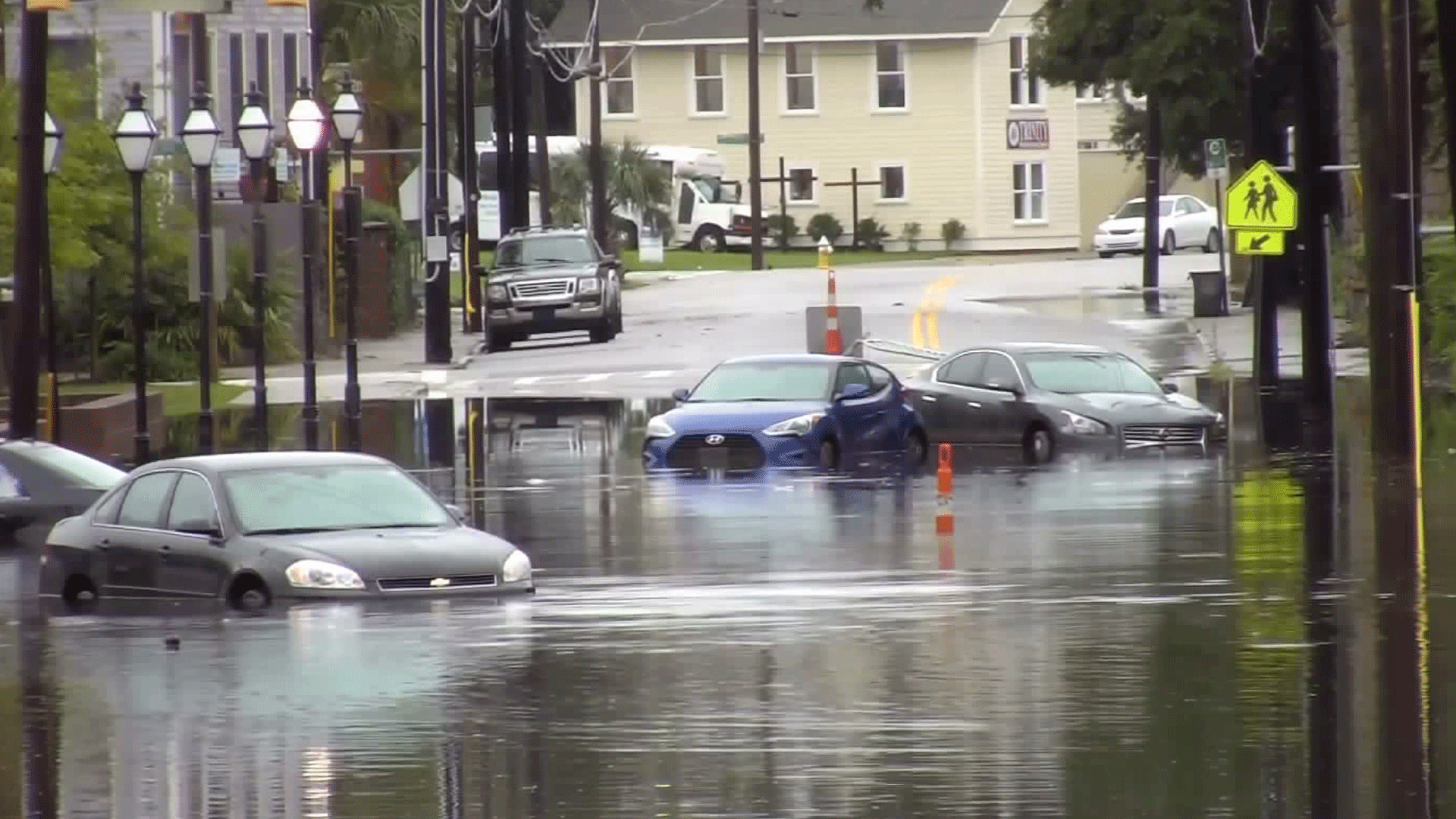IRS Announces Disaster Relief For Louisiana Flood Victims
Employees may exchange the value of their accrued vacation, sick or personal leave for employer payments to tax-exempt relief organizations. The value of the exchanged leave isn't included in employees' income, doesn't need to be reported on employees ...
Sep. 20, 2016

It’s natural to want to help out in a disaster. Last fall it was flooding in South Carolina. This summer it’s flooding in Louisiana. The IRS wants to help.
In Notice 2016-55, it provides guidance to employers and employees on employment-based charitable donations to benefit victims of the Louisiana floods.
Leave-based donations
Employees may exchange the value of their accrued vacation, sick or personal leave for employer payments to tax-exempt relief organizations. The value of the exchanged leave isn’t included in employees’ income, doesn’t need to be reported on employees’ W-2s and you can deduct those amounts as salary expenses or charitable contributions.
Employees, however, can’t take charitable deductions for the value of leave exchanged. This tax relief applies to employers and employees throughout the country and to charitable contributions made before Jan. 1, 2018.
Best bet: Stick with well-known charities, such as the Red Cross, Salvation Army or United Way.
Guard against disaster scammers
Scammers are always on the prowl and disaster relief is no exception. That means you should tell employees to be on their guard.
Warn employees that scammers might operate bogus websites that solicit funds for disaster victims. Scammers often also send emails that steer recipients to bogus websites that appear to be affiliated with legitimate charities. These fraudulent sites frequently mimic the sites of, or use names similar to, legitimate charities, or claim to be affiliated with legitimate charities in order to persuade generous donors to send money or provide personal financial information. This information can then be used to steal identities or empty bank accounts.
Before employees get out their checkbooks or their smartphones, suggest that they check the IRS’ search feature, Exempt Organizations Select Check, through which they can find legitimate, qualified charities.
Even better: Donations to these charities may be tax deductible. Legitimate charities may also be found on the Federal Emergency Management Agency website at fema.gov.
Here are three more charitable donation basics to impart to employees:
- * Don’t give out personal financial information–such as Social Security numbers or credit card and bank account numbers and passwords–to anyone who solicits a contribution from you. Scam artists may use this information to steal your identity and money.
- * Don’t give or send cash. For security and tax record purposes, contribute by check or credit card or another way that provides documentation of the gift.
- * Do report suspected disaster-related frauds to the IRS; type report phishing in the search box in the upper right portion of the IRS home page.
——–
Copyright 2016 – Business Management Daily
